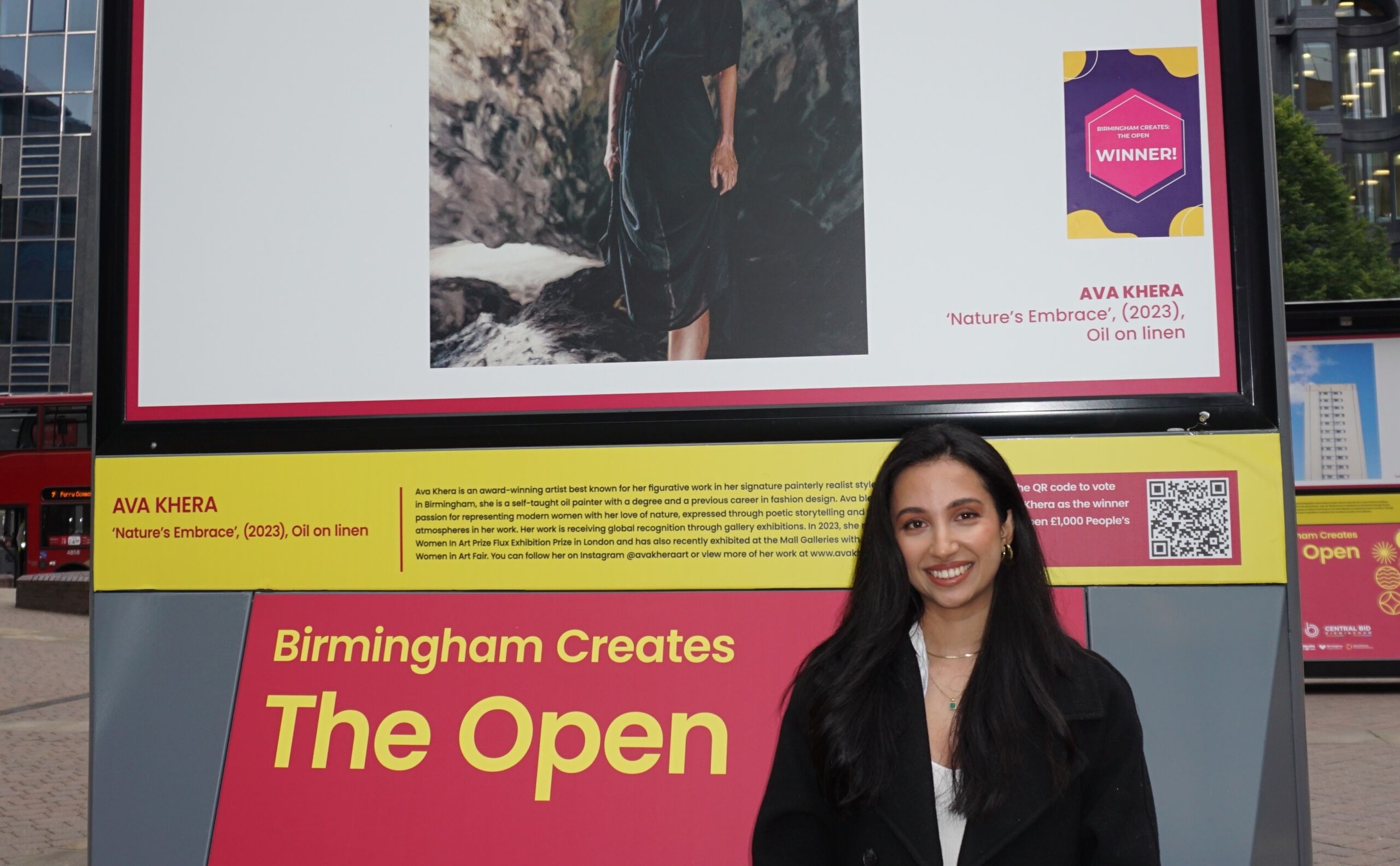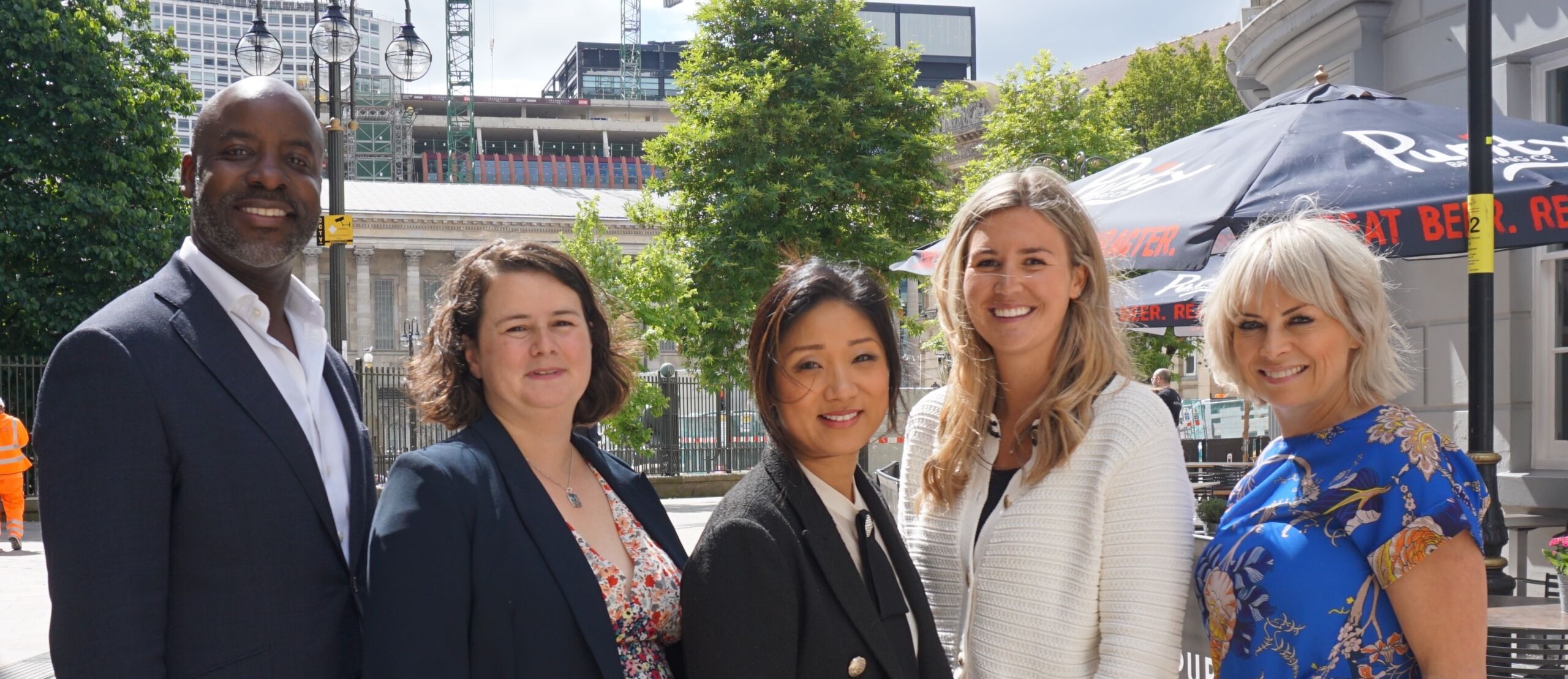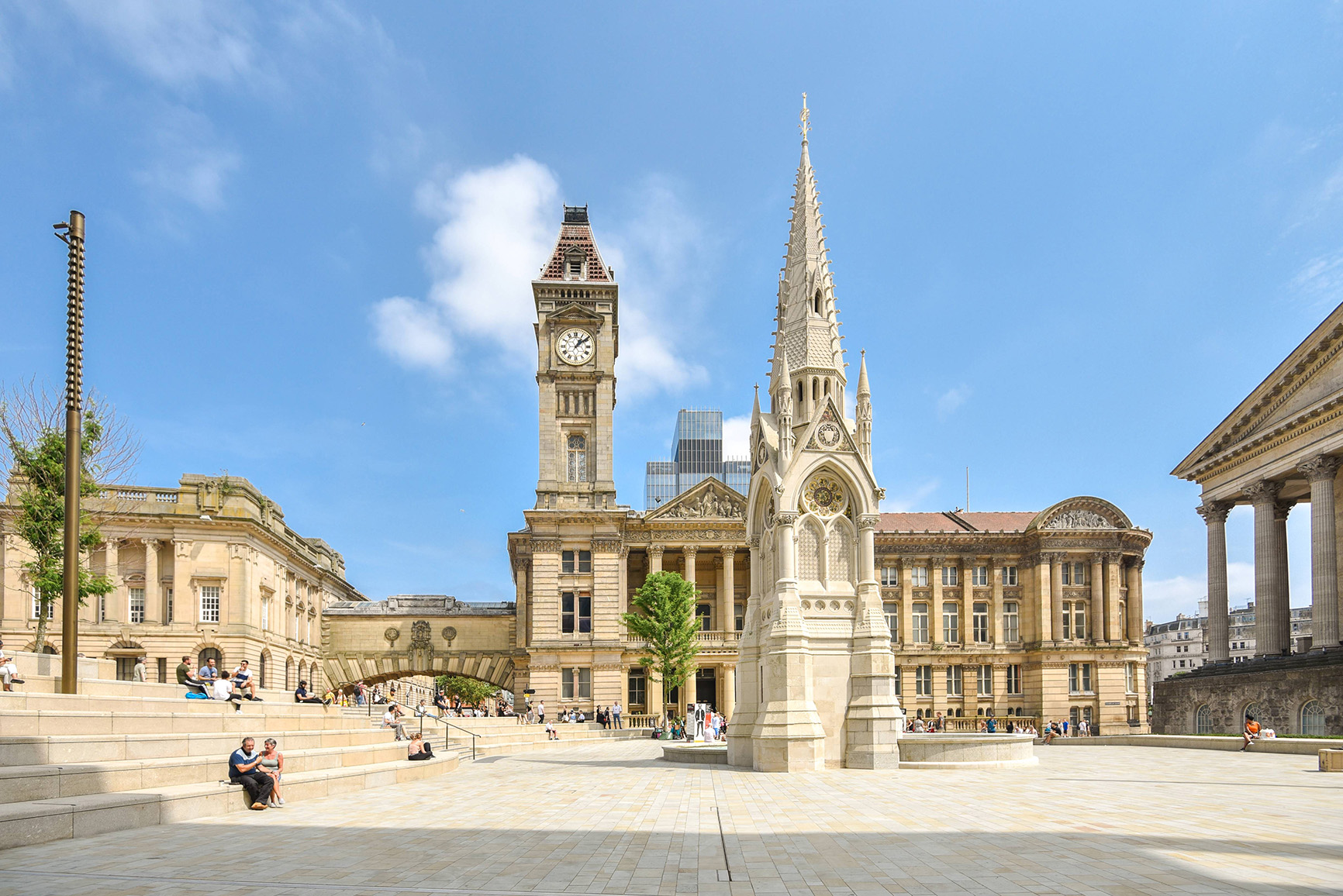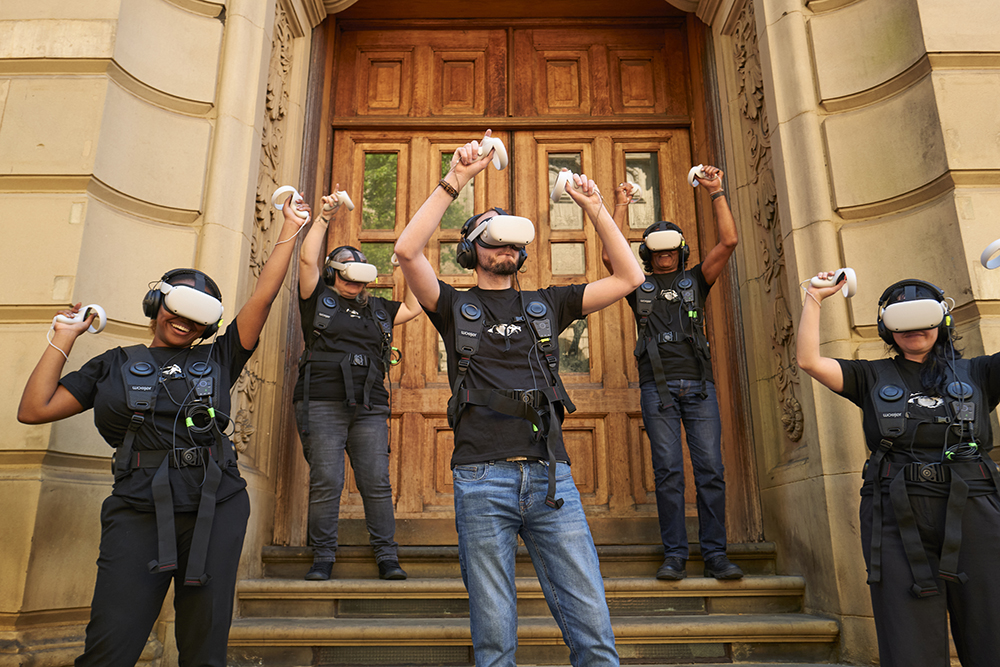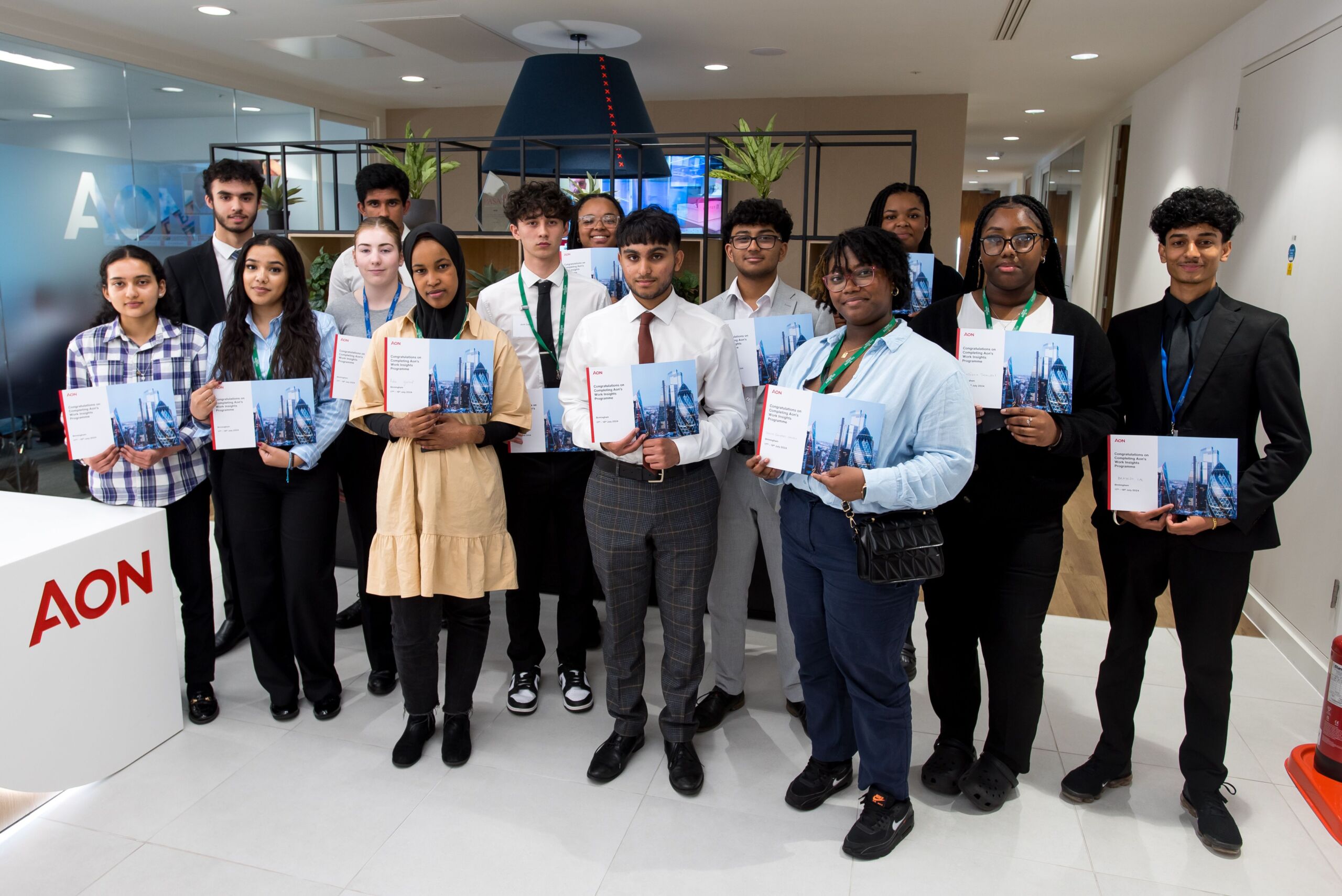Levelling up study: despite COVID bringing communities together in the West Midlands, social divisions have grown
17 February 2021
PwC’s latest Future of Government research, Rethinking Levelling-Up, surveyed 4,000 people across the UK and found that, whilst communities have become more important to people during the pandemic, 44% of people feel that social divisions have increased.
While 38% of those polled say their local community has become more important to them, and 39% agree that the pandemic brought their community together, a greater number feel that it has increased social divisions in every region, with (55%) in the West Midlands, (60%) London and (64%) Wales feeling the strongest divisions. The public feel a sense of geographical inequality, with 52% of people feeling there is too much inequality in the UK and 47% are concerned about the inequalities between London and the rest of the UK.
Nationally, 39% of people say their area has been treated fairly by central government in the pandemic. This falls in the North West where only 29% feel their area has been treated fairly but climbs as high as 45% in the West Midlands and East of England. Of the devolved nations, 28% in Northern Ireland feel their area has been treated fairly, compared to 38% in Scotland and 36% in Wales.
Despite concerns around geographical inequality, the UK public are generally happy to recommend their area as a place to live, with more than half of those polled (62%) willing to recommend their local areas to live in and raise a family, however, only 36% would encourage anyone to start a business in their area. People are most likely to recommend their area to live in Northern Ireland (69%), the South West (68%) and the East of England (67%), with London and the West Midlands being less favourable at 57%. The best regions to start a business in the eyes of the general public are at either ends of England – the North East (42%) and London (41%). We see this drop to 38% in the West Midlands and 34% in the East Midlands.
Karen Finlayson, Regional Lead for Government at PwC said:
“The pandemic has brought neighbours together to support each other and the vulnerable, but this has been at a very local level. We should not underestimate the inequalities it has created socially and geographically. COVID-19 has introduced new divisions, such as those who are able to work from home and those who cannot, as well as reinforcing deep rooted ones, that will need to be addressed head on at a local level to deliver a fair recovery across the UK. While the public are most concerned about inequalities between London and the rest of the UK, ‘levelling up’ needs to go deeper and address the inequalities that exist within regions and between communities.”
Increasing local investment to level-up
After a year spent closer to home, the public supports the Government’s aim to level up the UK and wants housing, vibrant high streets, jobs and skills to top the agenda.
Housing is the standout priority for the West Midlands public with 67% saying a focus on housing (supply and quality) would be most effective in levelling up the country and reducing inequality. This increases to 76% in Scotland, 75% in Northern Ireland and 74% in the North West.
Jobs and skills for the future are also a big focus for the West Midlands public, as 47% would like to see levelling up focus on creating more better paid jobs and 49% highlight investment in skills for the future. Other regions where the public prioritised investment in skills for the future are the East Midlands (49%) and the East of England (49%).
Access to better paid jobs is a key issue for younger people, who have been heavily impacted by a disrupted labour market, with 52% of 18-24 year olds naming it as a priority, compared to 44% of over-55s.
While the pandemic has accelerated the move to online shopping, it has not diminished the importance of vibrant high streets and town centres for the public. 42% of people surveyed in the West Midlands would like to see investment in town centres and high streets as a priority in levelling up inequalities.
Matthew Hammond, Midlands Region Leader at PwC said:
“COVID-19 has led people to refocus on what really matters to their everyday lives. ‘Levelling up’ has become synonymous with big infrastructure projects including HS2, the economic impact of the Commonwealth Games and connectivity expenditure. The broader narrative in relation to levelling up in the eyes of localities and communities will need to be more tangible with visible investment in local places, jobs, skills and homes. A year of many people living and working at home has recalibrated what is of local and regional importance. Demonstrable gains for local communities in the short and medium term will be the turning point.”
Opportunities to build on trust
Over three quarters (76%) of respondents hold the central government responsible for reducing geographical inequality. However, less than one in ten of our respondents trusts that central government ‘listens to people like me’ or ‘takes my needs into account when making decisions’.
People feel greater connections with third sector community groups and charities and local government, with 29% and 25% feeling that community groups and charities respectively listen to ‘people like me’.
During the pandemic the role of business has been under the spotlight, and business emerges with an opportunity to play a greater role in improving opportunity, social mobility and equality in the places where they operate. Over half of respondents in the West Midlands (52%) feel they have been treated fairly by their employers during the pandemic. Across the UK, 43% of respondents trust businesses to act to deliver a fair recovery, compared to 38% that trust central government and 40% that trust local government.
